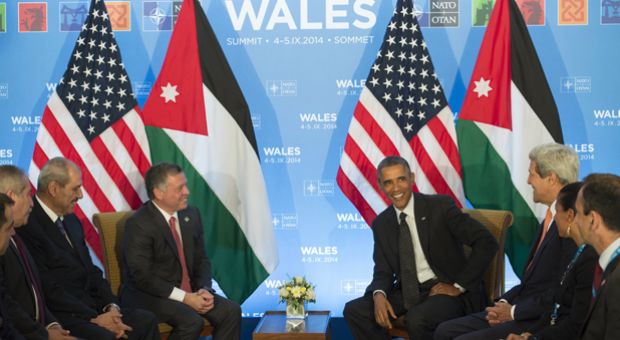A Call To Rethink American Leadership: “We Must Stop Outsourcing Responsibility For Our Democracy”
Rethinking leadership in the U.S. African AmericanStudies professor Eddie S. Glaude Jr. says Americans have looked to the political class to create a just democracy for too long – and it hasn't worked. In a new book he argues that we are the leaders we have been looking for and explains what that means for the 2024 election.


